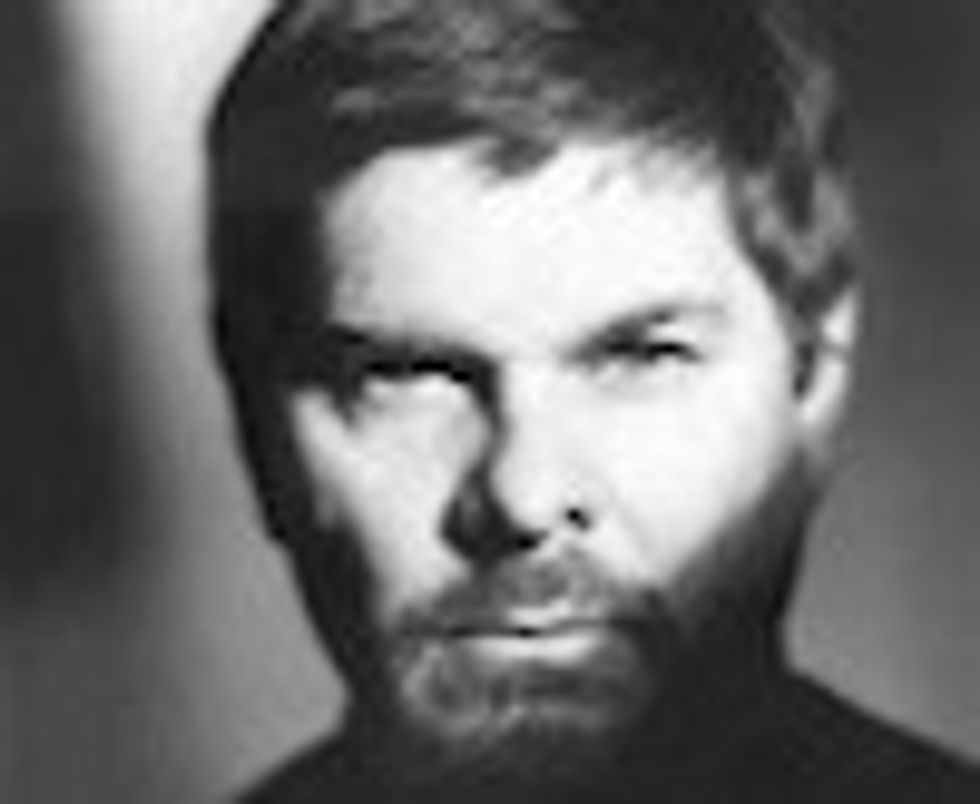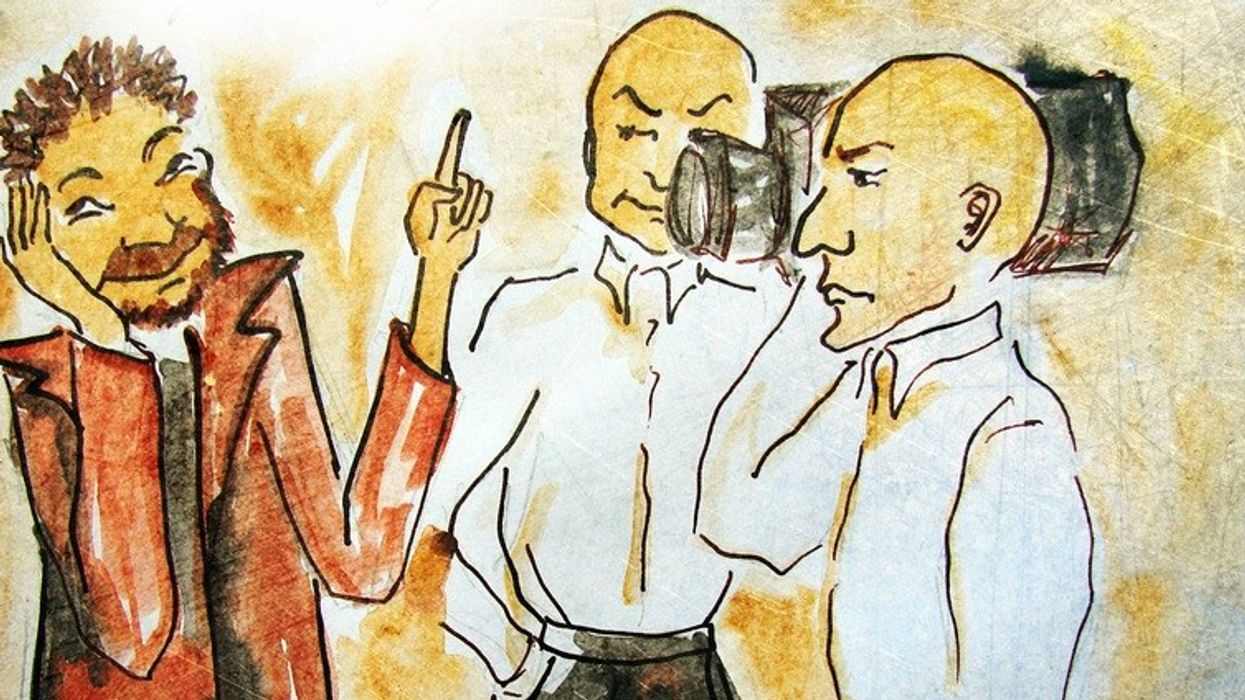This is a guest post by DP and filmmaker Randolph Sellars.
I’ll be talking about working with experienced actors and feeling a little uncomfortable or inadequate as a director. The lack of confidence when directing actors is an embarrassing secret many directors share that’s not often discussed.
There are quite a few experienced directors, even in Hollywood, who are much more comfortable “directing with the camera” than they are working intimately with actor’s performances. ((Gene Hackman once blew up and yelled at me on a set where I was the “B” camera operator. He was playing a very intense character and I was definitely intimidated! Even though the situation was not my fault, I still felt pretty small and there was a big lump in my throat when I had to respond to him. I’m not going to advise you about how to handle extreme situations like Christian Bale going off, just dealing with actors in general without being intimidated.)) Many directors tend to rely on casting reputable actors and then leave them to their own devices when it comes to performance. We’ve all seen their movies -- full of hardware, explosions, pulsing soundtracks, kinetic camera movement and frantically paced editing. There’s nothing wrong with a visually visceral film – but during the moments when true human emotion needs to be expressed, the film often falls flat because the great performance just isn’t there. The truly great directors excel at directing actors and directing the camera.
So what’s the root cause of this phenomenon? I believe that it stems from the fact that many filmmakers don’t come from an acting or theater background. Accomplished filmmaking requires proficiency with many other artistic disciplines: writing, acting, design, music, etc. And many filmmakers don’t have any of that past experience. The average DIY filmmaker starts with a camera, editing software, and their friends as actors. Nothing wrong with this approach, except that often filmmakers are slow to graduate to working with experienced or professional actors.
Understanding the language of actors
It’s “safe” to work with friends as actors. You can order them around and “get away with it” because they possibly know less about acting than you do about directing. It can be very intimidating working with “real actors” because they start asking difficult questions using their own jargon. What’s my character’s spine? Through-line? Super objective? Scene intention? It can sound like a foreign language if you don’t understand these terms. Although the cliché, “what’s my motivation” sounds like actor BS, it’s not. Trained actors desperately need this information to create a competent performance. If you can’t give them this information in a language they understand, they may start to tune you out. They may still try to listen to you, but they’ll make up their own answers and start to direct themselves “out of protection.”
Take an acting class
So what’s the solution to becoming a better “actor’s director” if you don’t come from an acting background? I have two specific pieces of advice and the first one may scare the hell out of you: Take at least one acting class! I know, you’re not an actor and the idea makes you very uncomfortable – that’s why you are working behind the camera. I say get over it! It’s not going to kill you, although your ego might feel like it’s dying! But if you have the courage to try it, I guarantee you’ll learn something as a filmmaker and also have a personal growth experience. Think about it honestly; how can you possibly learn how to direct actors with any expertise without ever walking at least “a mile in their shoes?”
Separate yourself from filmmaking for a moment. Look at other art forms or athletic endeavors. How many virtuoso orchestra conductors have never played a musical instrument? How many great basketball coaches have never played the game? I’m sure that there are exceptions, but if you think that you are one of them, it’s probably your fear causing you to rationalize – so you don’t have to face something difficult. If you want to be a great director that has excellent rapport with actors, how can you ask an actor to do something emotionally difficult that makes them incredibly vulnerable, like performing a nude love scene? Is that artistically justifiable when you’re afraid to take a beginning acting class?
You don’t have to commit to becoming an actor or ever accomplish any degree of competency at acting. You just need to commit to the experience and try your best. You have to be brave enough to open yourself up to the experience and move past all of the awkwardness and embarrassment that comes from acting in front of others. Start at the beginning –- take baby steps. When I first came to the realization that I needed to do this to become a better director, I chose to take my first class at a community college. There were several advantages. First, I didn’t expect to see any other adults my age that I knew. Second, it was one of the cheapest acting classes I could find. You can do the same. The quality of the instruction of your first class is not nearly as important as the commitment and experience of just doing it.

It was very liberating to let go of any expectations of doing well. Ironically, that allowed me to actually progress. My instructor even challenged me to try out for the college production of Equus. I was scared shitless at the audition and I thankfully didn’t get the part. But the experience of auditioning and my class time gave me increased confidence and a real respect for actors and an “understanding” that wouldn’t have been possible any other way.
In my next post, I’ll give you my other piece of directing advice as well as some practical tips for helping actors to turn in better performances.

[stage photo by thisisbossi]



 "'Back Home"via Mercedes Arutro
"'Back Home"via Mercedes Arutro 'Back Home'via Mercedes Arutro
'Back Home'via Mercedes Arutro 









